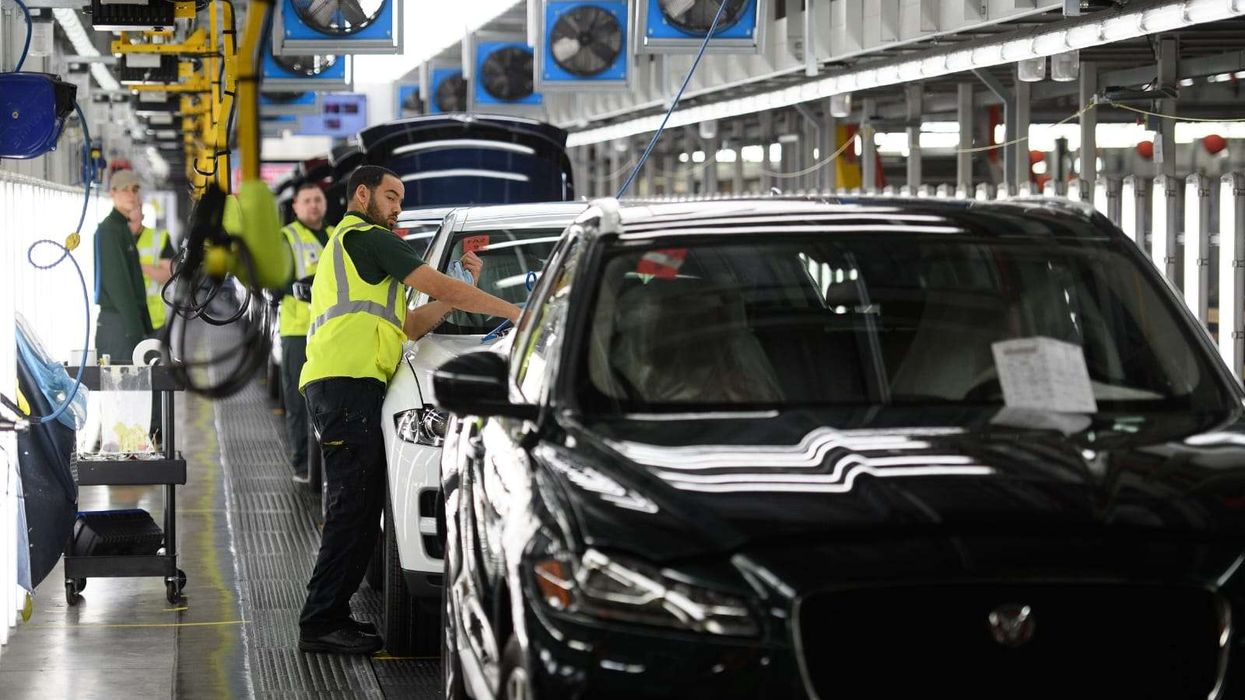INDIA's richest man Mukesh Ambani has lost $48 billion in the past two months due to the massive correction in stock markets.
The Indian tycoon lost 28 per cent of his net worth or $300 million a day as on March 31, the Hurun Global Rich List said.
The chairman of Reliance Industries saw his wealth decline to $19 billion, taking his global ranking down eight places to 17.
India’s Gautam Adani (lost $6 billion or 37 per cent) , HCL Technologies' Shiv Nadar ($5 billion or 26 per cent) and banker Uday Kotak ($4 billion or 28 per cent) have also witnessed setbacks.
Due to the pandemic, shared economy platform Oyo Rooms' Ritesh Agarwal is “no more a billionaire”,it said.
The Indian market has corrected by 25 per cent in the last two months.
“India's top entrepreneurs have been hit by a 26 per cent drop in the stock markets and a 5.2 per cent drop in the value of the rupee compared with the US Dollar. For Mukesh Ambani, it has been a perfect storm, with his wealth down 28 per cent,” Hurun Report India Managing Director Anas Rahman said.
Ambani is the second biggest wealth loser globally, after French fashion giant LVMH's chief executive Bernard Arnault, whose wealth dropped by 28 per cent or $30 billion to $ 77 billion.
Berkshire Hathway's Warren Buffet also lost $19 billion of wealth in the last two months, to $83 billion, making it a smaller fall in percentage terms at 19 per cent, the report said.
Others in the top-10 list of wealth losers also include Carlos Slim and family, Bill Gates, Mark Zuckerberg, Larry Page, Sergey Brin and Michael Bloomberg, it said.
Amazon's Jeff Bezos continues to be the richest man in the world with a networth of $131 billion, which has slid only by 9 per cent during the last two months and is followed by Bill Gates with a fortune of $ 91 billion (down 14 per cent), Buffet and Arnault.
While India lost three rankings in the top-100 rankings, China added six billionaires in the league, it said.












